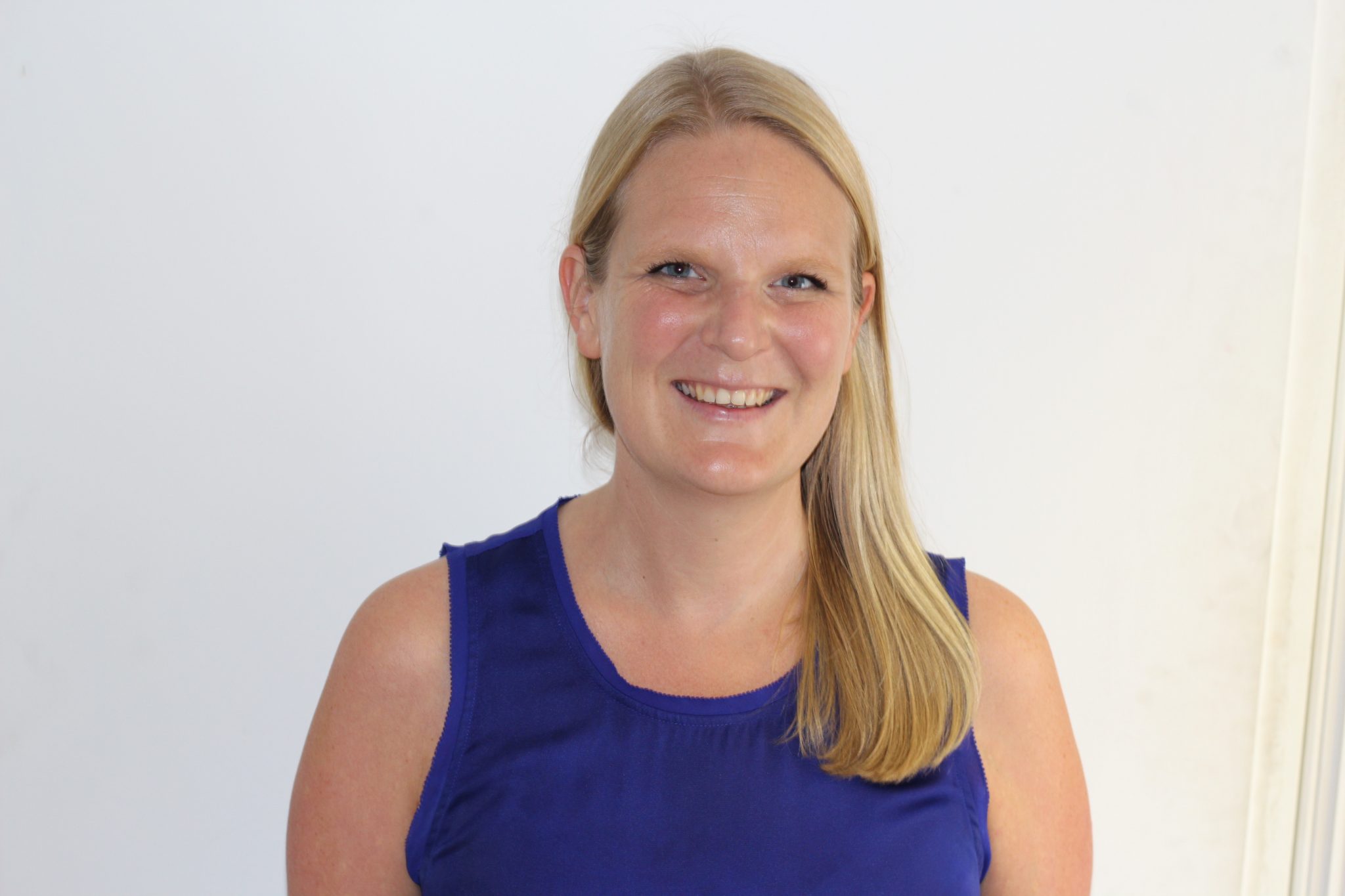 Martin J Cowling is a knowledgeable and popular international trainer based in Canberra, Australia. He possesses over 20 years of management experience with organizations including UNICEF, AFS Intercultural Programs, The Smith Family, and Victorian Relief. Today he gives is the five actions volunteer managers need to do right now.
Martin J Cowling is a knowledgeable and popular international trainer based in Canberra, Australia. He possesses over 20 years of management experience with organizations including UNICEF, AFS Intercultural Programs, The Smith Family, and Victorian Relief. Today he gives is the five actions volunteer managers need to do right now.
Today, as one of the members of our household took out the recycling, one of the glass bottles slipped from their grip and hit the tiled floor shattering and sending shards everywhere. There are now tiny glass segments scattered across five metres. After many minutes of sweeping, it is still risky to walk barefoot in that area. For many of us, 2020 has been like this. Everything we have been used to, has been shattered and we are living with trying to reorder the world and avoid getting cut by a shattered piece.
Through volunteering, people have always been helping fixed shattered lives, shattered individuals and shattered communities. From Food Banks to animal rescue organisations to Civil Defence to literacy to Samaritans, volunteers have always faced fractured situations and provided advice, support, clean up and repair. In this current crisis, many volunteers continue to serve in some way.
Managers of volunteers have always had multi functional roles. Through COVID-19, this role has to shift into a new space, whether our volunteers are mobilised or furloughed. COVID-19 is proving to be a test case for effective leadership as managers of volunteers shine by leading in new ways.
There are five actions for volunteer managers:
1. Look after yourself. Acknowledge that this is not normal and that we may never see the same world again. I have been scheduling 2 to 3 virtual face time or zoom coffees a week with inspiring people I respect.
2. Develop a clear, hierarchical list of priorities for your organisation, yourself and your volunteers. Focus on what is really important right now. You could not do everything before the virus emerged and you cannot do it now. What will most make a difference?
3. Communicate calmly, honestly and be empathetic to your volunteers and clients. It is very rare for people to over communicate in a crisis. Say the same thing in different ways repeatedly. Remind volunteers that they are important, give them affirmations and statements about what the organisation and volunteers are doing.
4. Encourage innovation to deliver crucial services. This will be the time people will learn to Skype, to face time. Volunteers can do many things from their homes using phones, computers and even drones. Let them suggest new ways to do their work.
5. Write down and document your stories and learnings from this.
We cannot fix that shattered bottle but our actions can help us live through the shattering.



 Volunteer Ireland CEO Nina Arwitz takes a look at the numbers around COVID-19 and examines a phenomenon seen in Ireland and many countries around the world – that there are more people signing up to volunteer than there are available volunteer roles.
Volunteer Ireland CEO Nina Arwitz takes a look at the numbers around COVID-19 and examines a phenomenon seen in Ireland and many countries around the world – that there are more people signing up to volunteer than there are available volunteer roles. 
 Orla Leahy is a student from Cork who is currently going for her Gaisce Gold Award. Here she tells us how COVID-19 has affected her, how she has adapted her Gaisce challenges and how she’s been volunteering from home.
Orla Leahy is a student from Cork who is currently going for her Gaisce Gold Award. Here she tells us how COVID-19 has affected her, how she has adapted her Gaisce challenges and how she’s been volunteering from home.